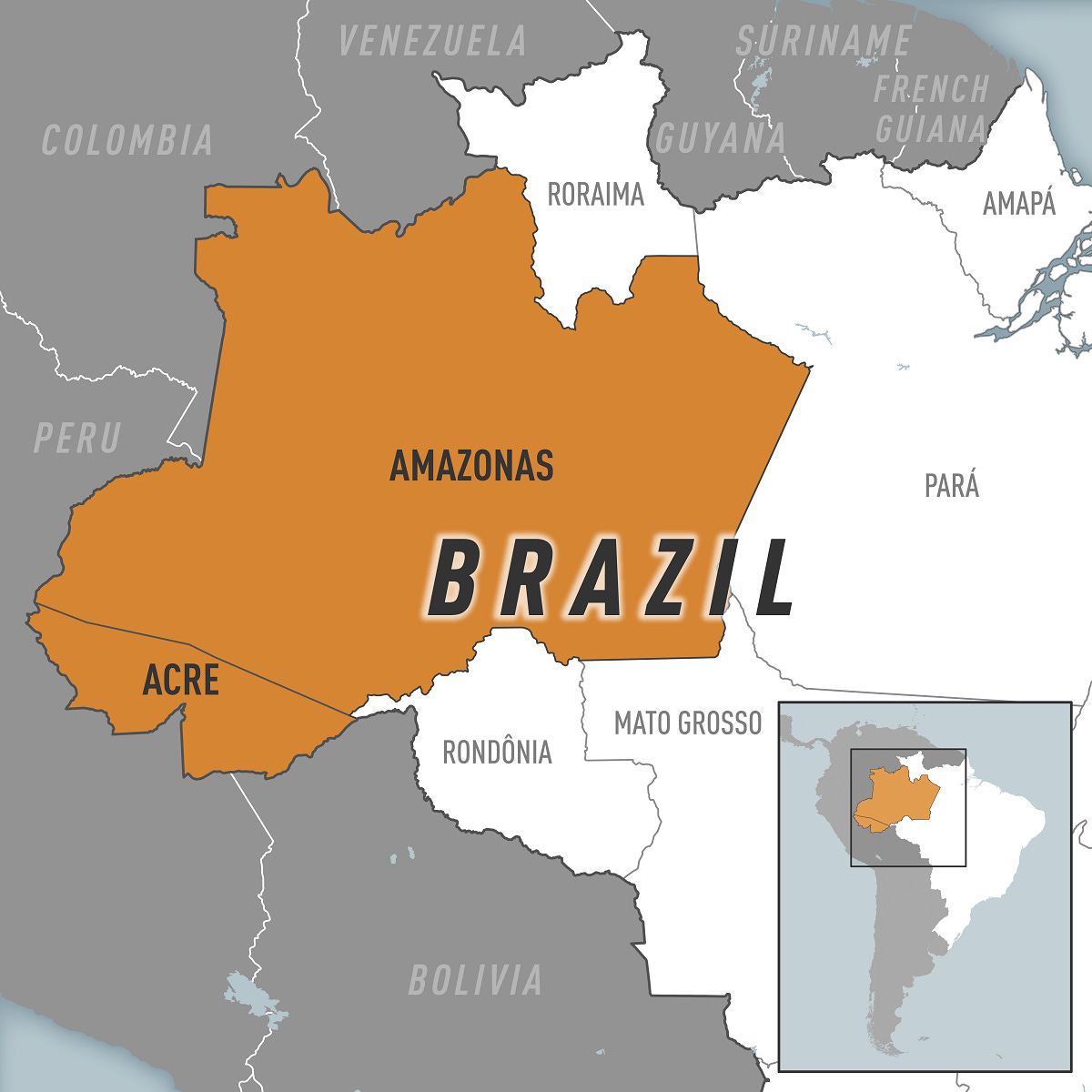CDC issues travel notice for Brazil due to Oropouche fever outbreak
Just days after the Pan American Health Organization (PAHO) published an Epidemiological Alert for an increase in the detection of cases of Oropouche fever cases in parts of South America, the Centers for Disease Control and Prevention (CDC) issued a travel notice for travelers to Amazonas and Acre states in Brazil.
On January 6, the Health Surveillance Foundation of the state of Amazonas published an epidemiological alert regarding the detection of cases of Oropouche virus (OROV) disease in the state.
The alert reported that between December 2023 and 4 January 2024, the Central Public Health Laboratory of Amazonas analyzed 675 samples, confirming OROV virus infection by molecular detection (PCR) in 199 (29.5%).
Between 2023 and 2024, in the state of Amazonas, 1,066 human cases with detectable results in the RT-qPCR for Oropouche virus were registered.
In addition, cases of OROV reported in the neighboring states of Acre and Roraima are under investigation.
CDC advises travelers to these states of Brazil should take steps to avoid bug bites (Oropouche fever is spread by the bite of infected midges (small flies) and mosquitoes).
Travelers should seek medical care if they develop high fever, headache, muscle aches, stiff joints, nausea, vomiting, chills, or sensitivity to light during or after travel.
Oropouche fever is a disease caused by Oropouche virus. It is spread through the bites of infected midges (small flies) and mosquitoes.
Symptoms of Oropouche fever are similar to dengue and include headache, fever, muscle aches, stiff joints, nausea, vomiting, chills, or sensitivity to light. Severe cases may result in meningitis.
Symptoms typically start 4–8 days after being bitten and last 3–6 days. Most people recover without long-term effects. Treatment is supportive; no specific medications or vaccines are available.





